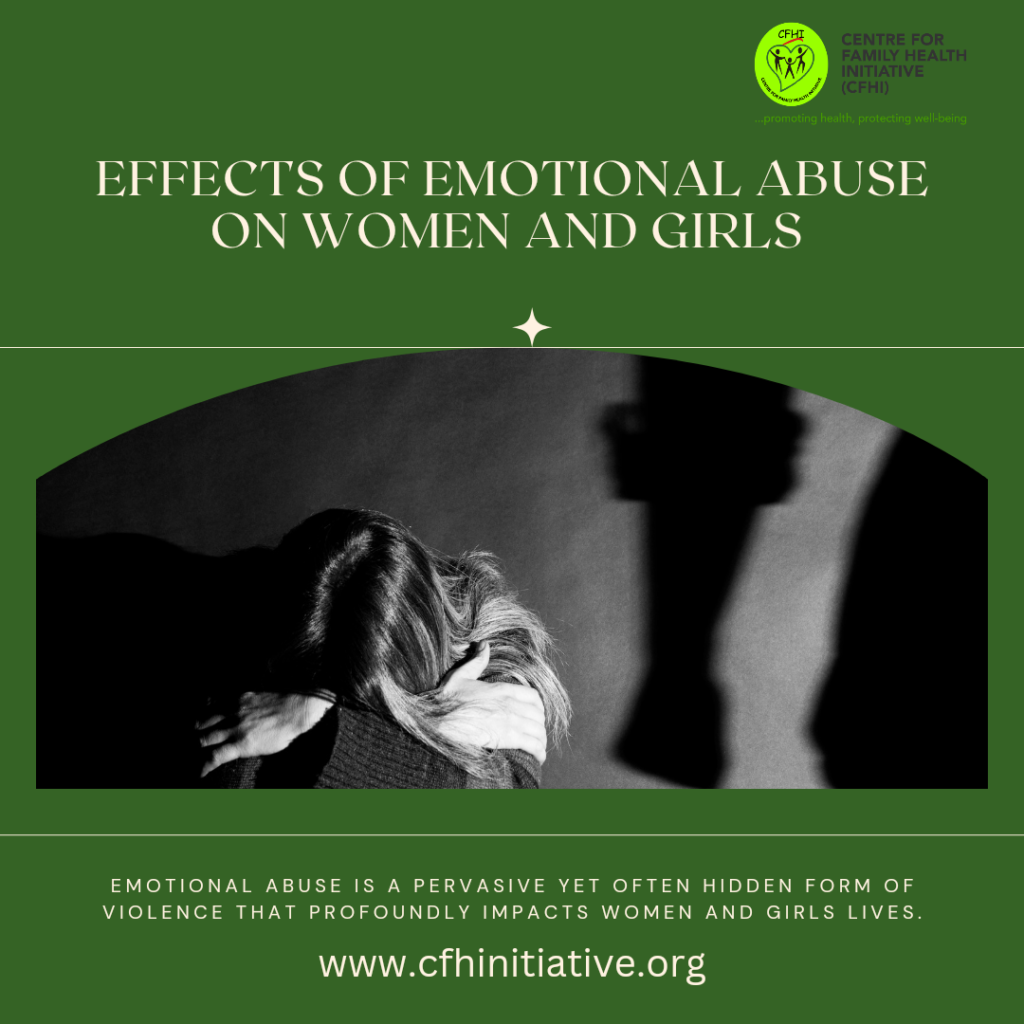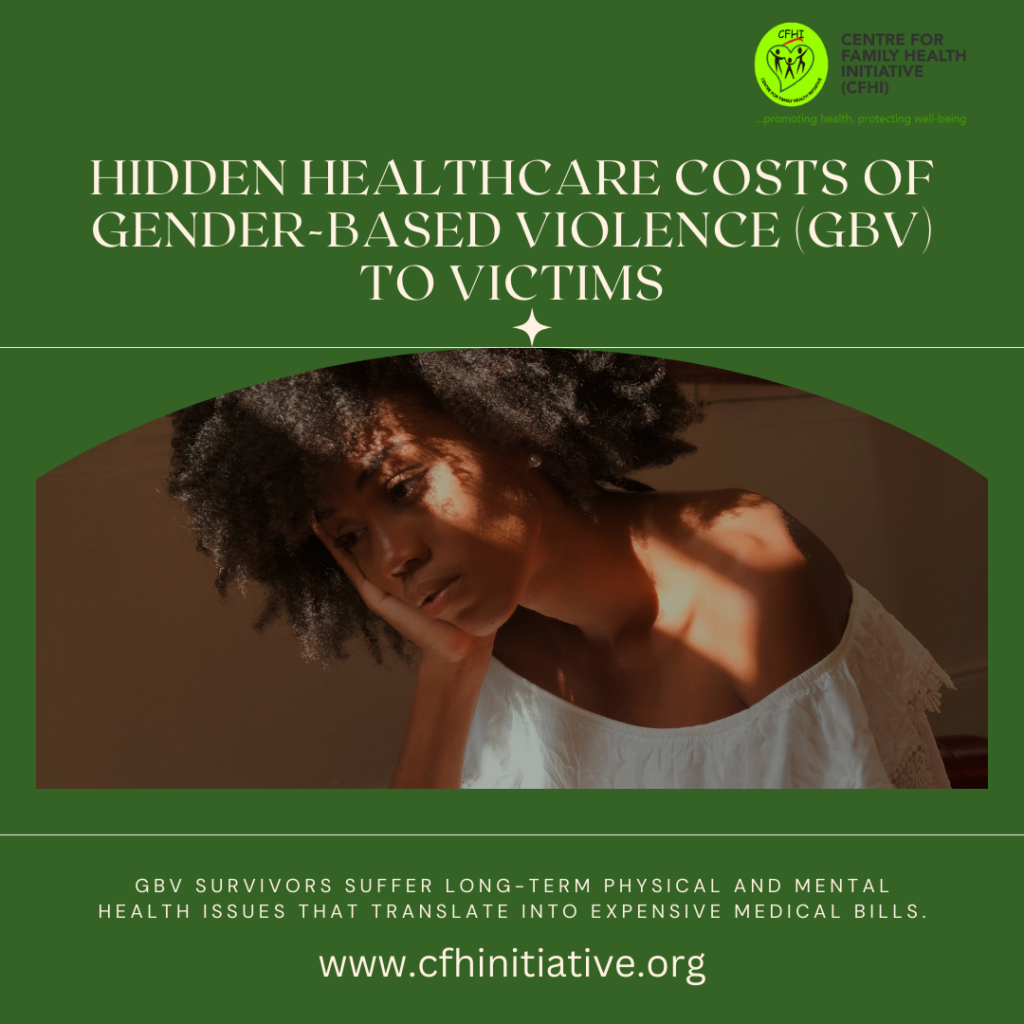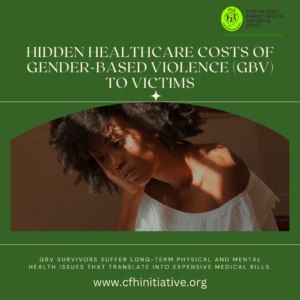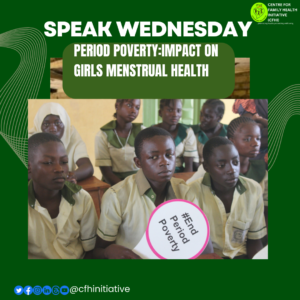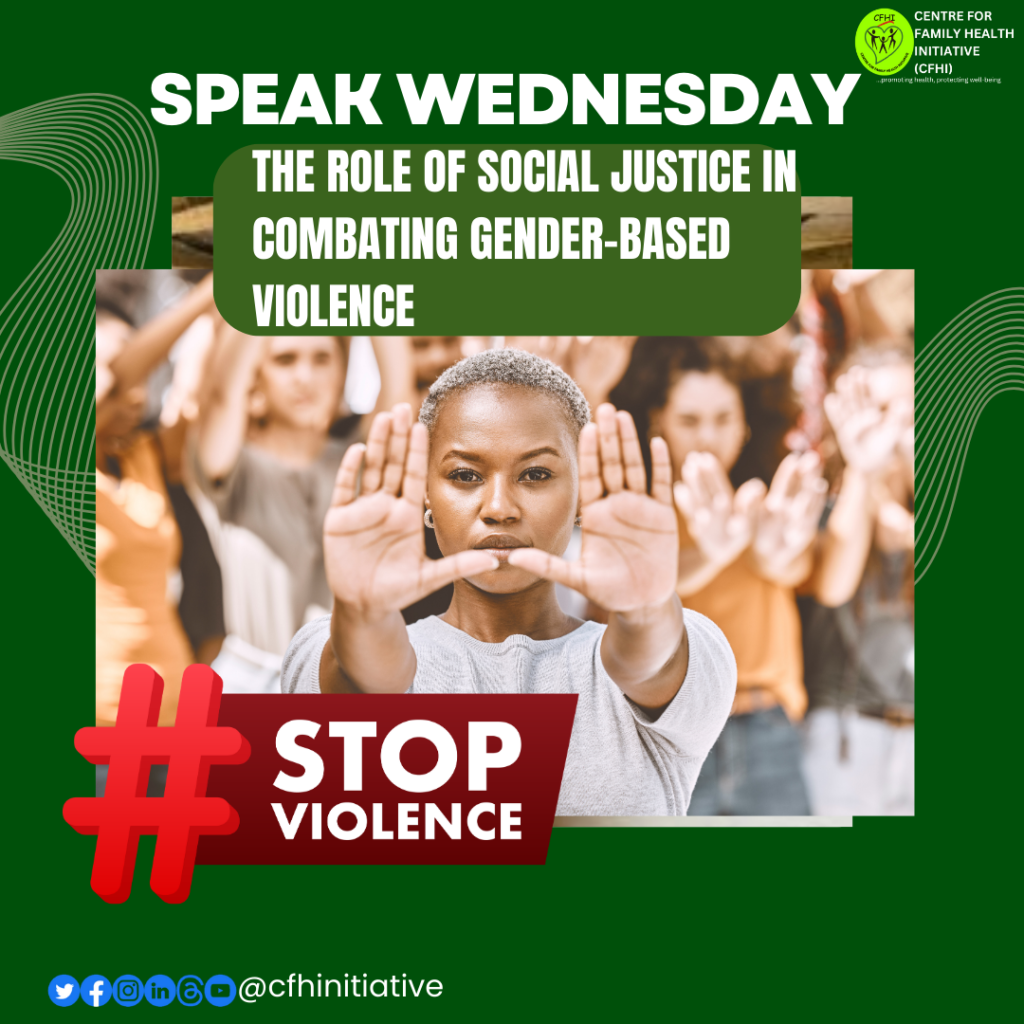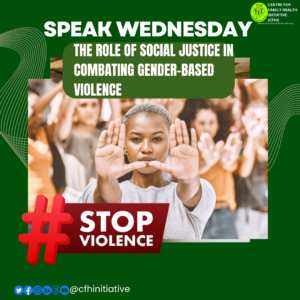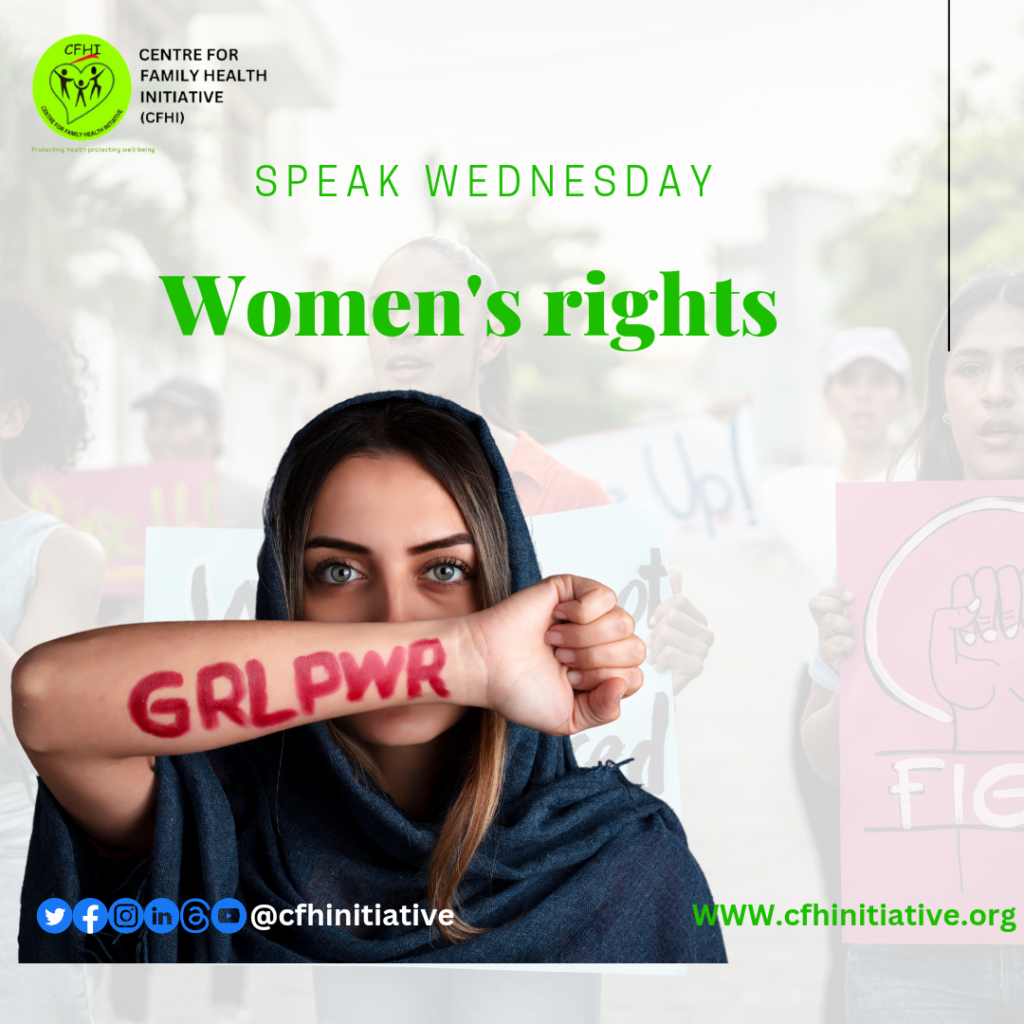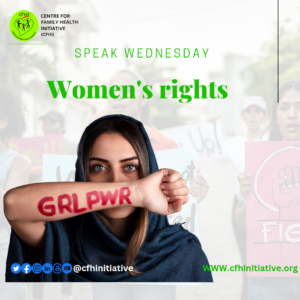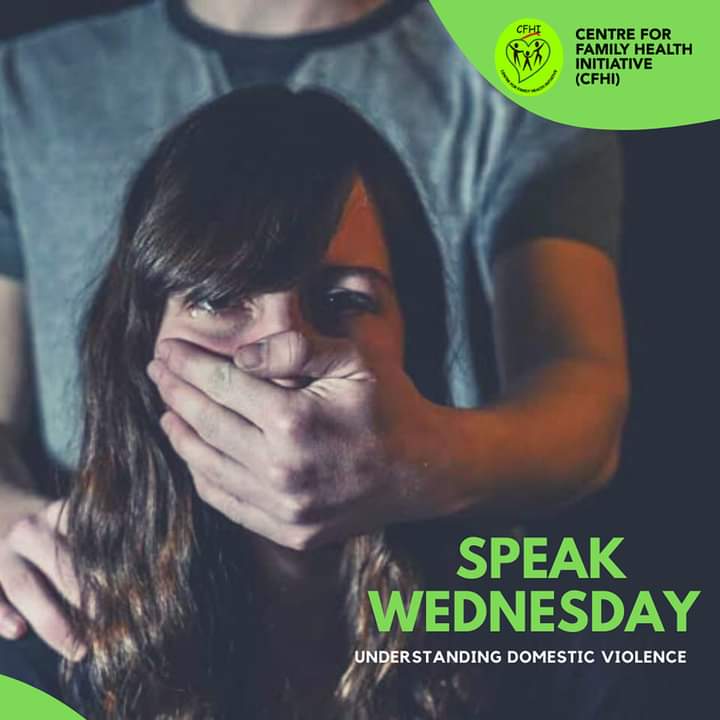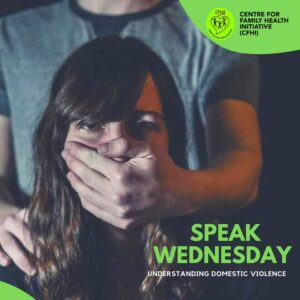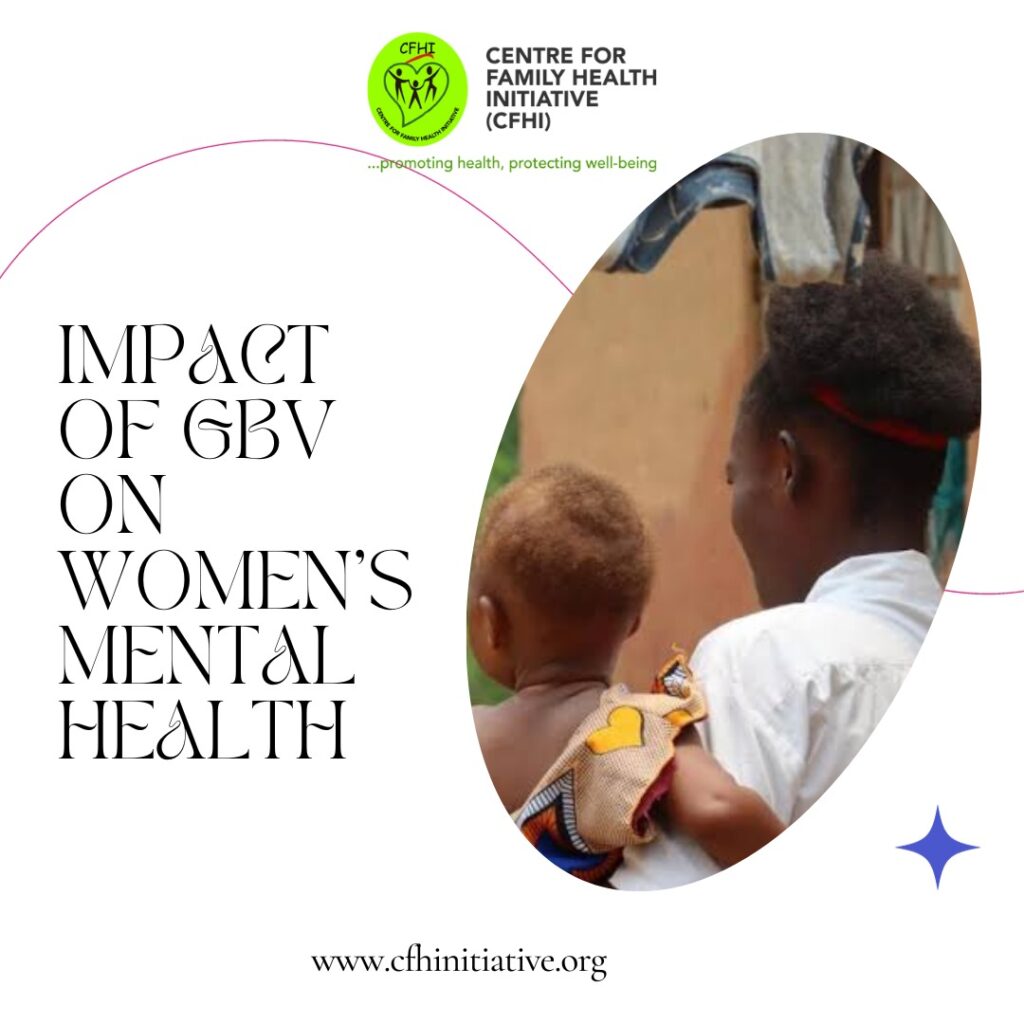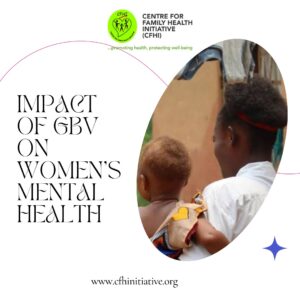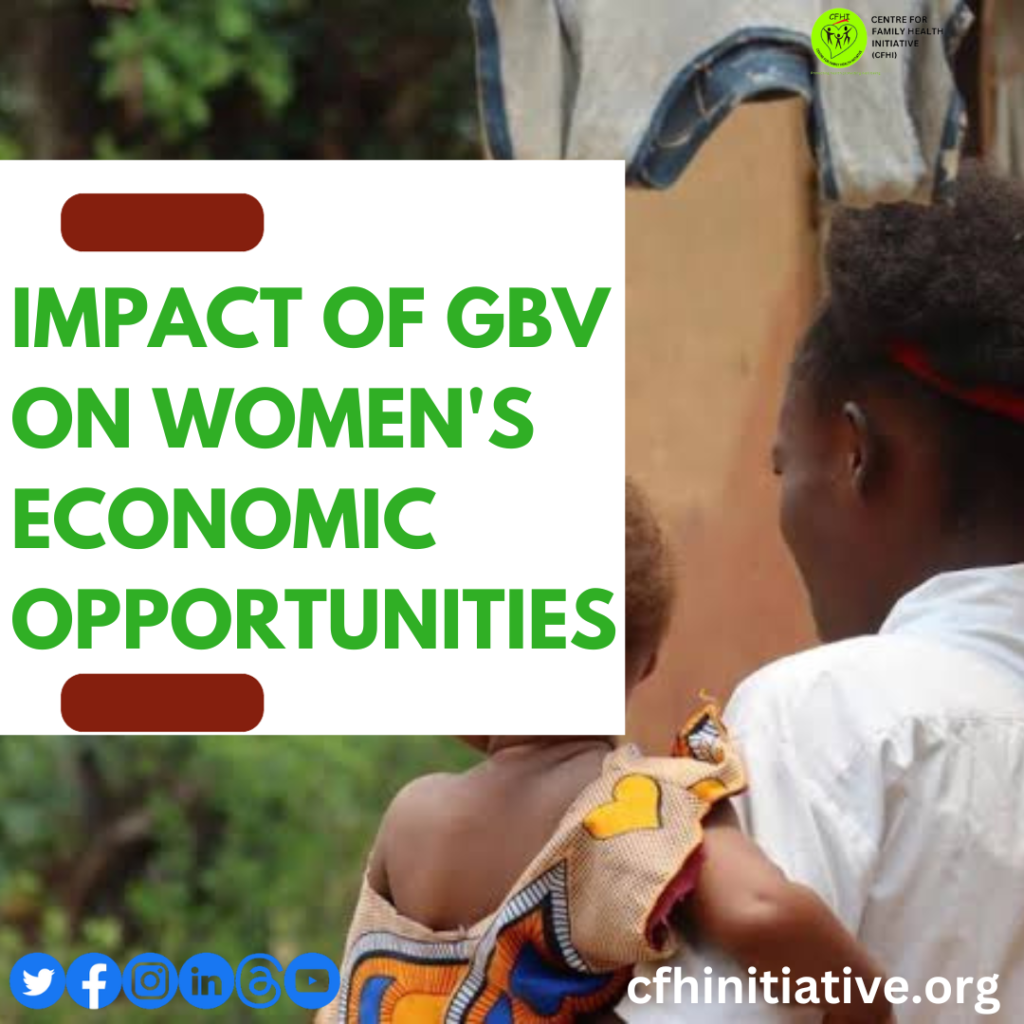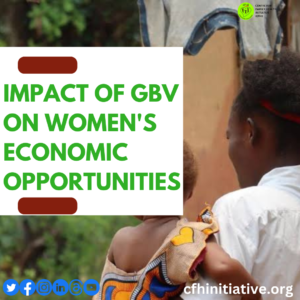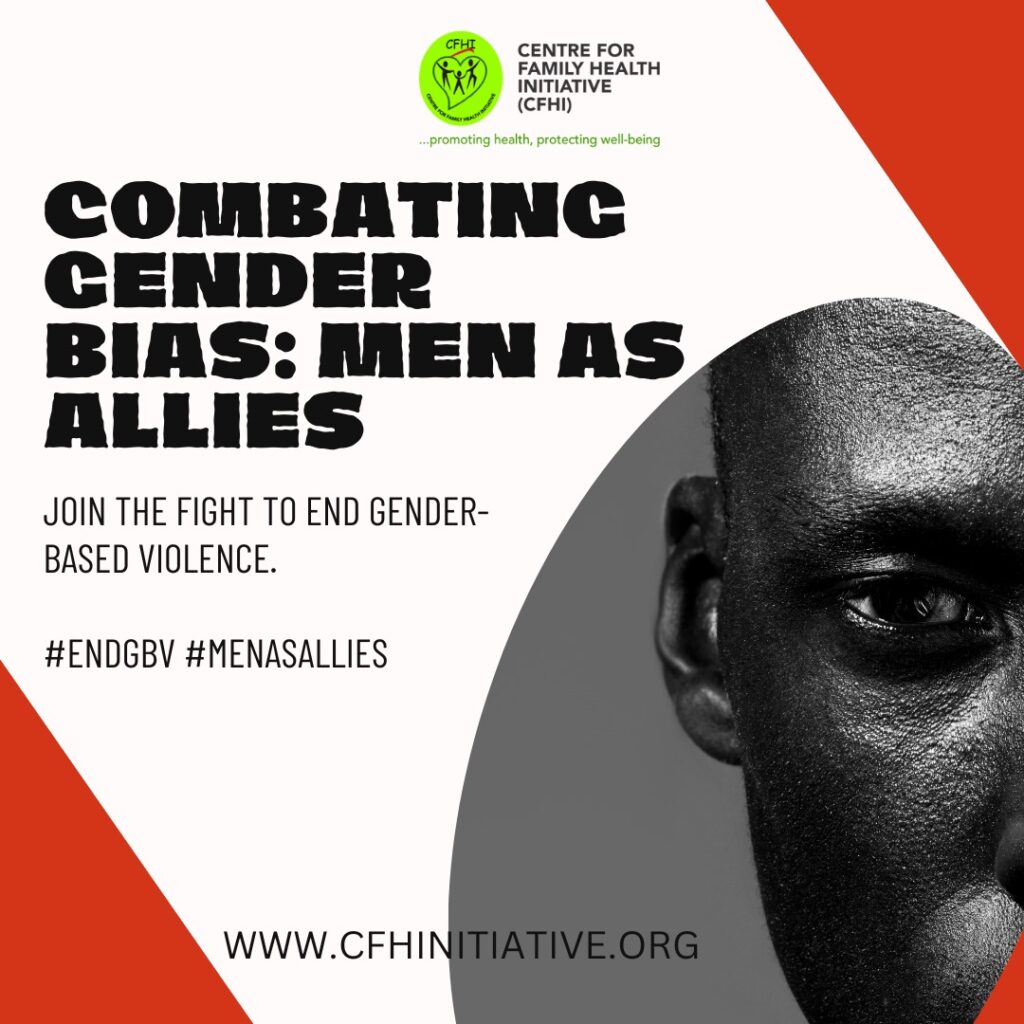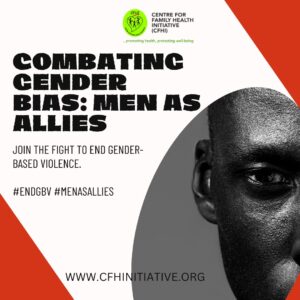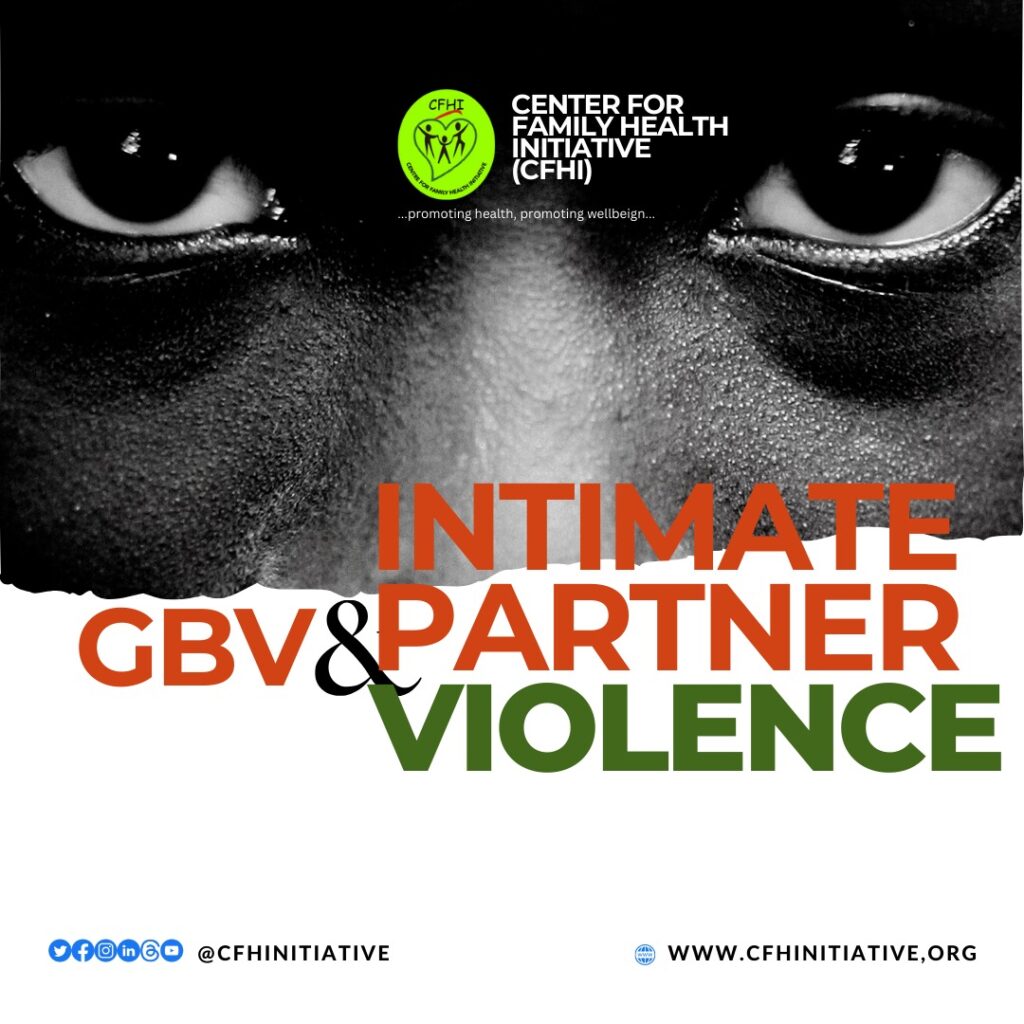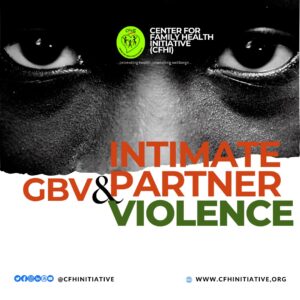EFFECT OF EMOTIONAL ABUSE ON WOMEN AND GIRLS
Emotional abuse is a pervasive form of violence that often goes unrecognized but leaves deep scars on its victims, particularly women and girls. According to UNICEF, emotional abuse encompasses behaviours such as verbal threats, intimidation, isolation, and manipulation, all of which undermine an individual’s sense of self-worth and well-being.
Emotional abuse encompasses a range of behaviours designed to undermine an individual’s sense of self-worth, autonomy, and agency. It can manifest in various forms such as verbal threats, insults, humiliation, manipulation, isolation, and controlling behaviours. Unlike physical abuse, emotional abuse leaves no visible bruises but inflicts deep psychological wounds that can be equally devastating.
Emotional abuse targets a person’s psychological and emotional well-being, eroding their confidence, autonomy, and mental health. It can occur in various settings, including intimate relationships, families, workplaces, and communities.
The WHO emphasizes that emotional abuse can lead to a range of mental health issues, including anxiety, depression, post-traumatic stress disorder (PTSD), and suicidal ideation. The constant belittling, manipulation, and invalidation experienced by victims can result in severe emotional distress and trauma, affecting their ability to function in daily life.
Emotional abuse is intricately linked to broader patterns of gender-based violence, reflecting power imbalances and societal norms that devalue women and girls. It often intersects with other forms of abuse, such as physical violence, sexual coercion, and economic control, creating complex challenges for survivors seeking safety and support. ~ UN Women
Research cited by UNICEF underscores the long-term consequences of emotional abuse, including difficulties in forming trusting relationships, challenges in parenting, and increased vulnerability to re-victimization. These effects can persist into adulthood, shaping individuals’ life trajectories and well-being
Emotional abuse is a pervasive yet often hidden form of violence that profoundly impacts women and girls’ lives. It is therefore imperative to amplify voices, raise awareness, and advocate for policies and interventions that prevent and address emotional abuse, ensuring a safer and more equitable world for women and girls everywhere
Speak Wednesday is an initiative of CFHI to address issues around gender-based violence and gender bias.
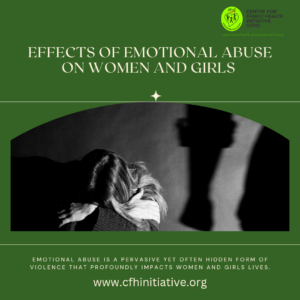
EFFECT OF EMOTIONAL ABUSE ON WOMEN AND GIRLS Read More »

